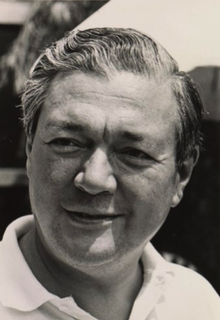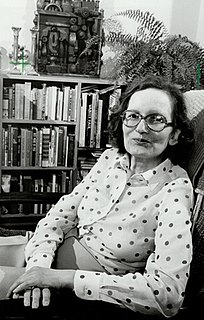A Quote by August Kleinzahler
There is a particular quality of quietude and stillness that suffuses these painterly poems of Carol Ann Davis, so involved with loss, motherhood and the shifting tonalities of light that transform the domestic and ordinary into the strange and extraordinary that, combined with tenderness of address, approach the worshipful and make a number of these poems so moving and distinctive.
Related Quotes
There is nothing “still” in the remarkably visceral poems of Alexander Long's third collection, Still Life, and nothing is at rest in these restless and edgy poems. Conversational and kinetic, these poems chart the traces left by the shifting overlays of the templates of literature, rock-and-roll, and contemporary culture. As each poem in Still Life attempts to fix a focus upon a scene or subject, the protean natures under view draw the poet into the eddies and complexities of reflection. This is a powerful and moving collection of poems.






































